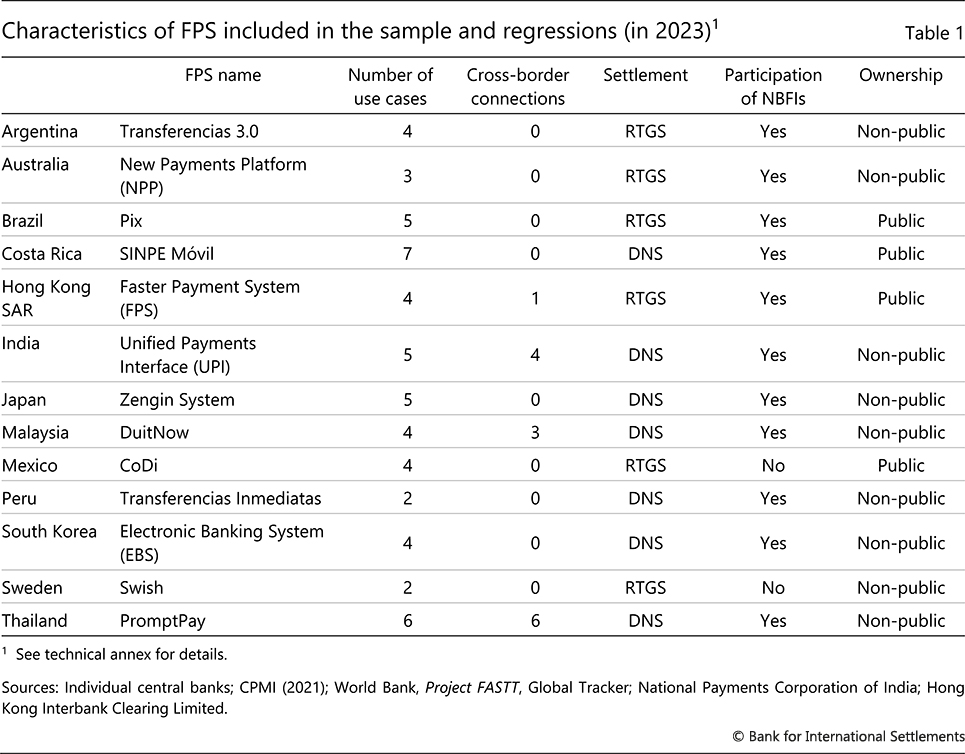We're living through an inflection point for artificial intelligence: From generated images and video to advanced personal assistants, a new frontier of technologies promises to fundamentally change how we live, work, and play. And yet for all the buzz and concerns about how AI will change the world, in many ways, it already has. From spam filters and sentence suggestions in our email inboxes to voice assistants and fitness tracking built into our phones, countless machine learning tools have quietly weaved their way into our everyday lives. But when we're surveyed about which everyday technologies use artificial intelligence and which don't, we aren't particularly good at knowing the difference. Does that matter?


